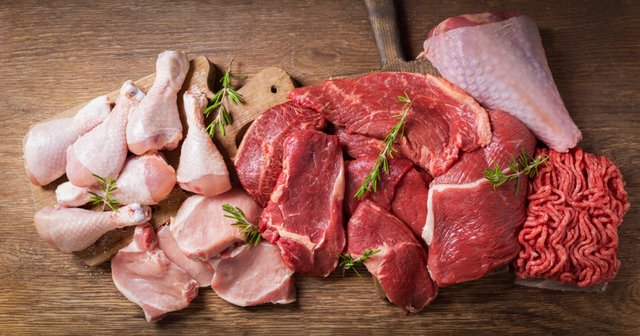"Choosing Between Chicken and Beef: What You Need to Know"

Chicken vs. Beef: A Quick Comparison
Chicken and beef are two of the most widely consumed meats around the world. Each has its own nutritional benefits, culinary uses, and flavor profiles. Choosing between them often depends on dietary goals, taste preferences, and cultural traditions.
Nutritional Value
Chicken, especially the breast, is known for being a lean source of protein. It’s low in fat and calories, making it a popular choice for those looking to lose weight or maintain muscle mass. A 100g serving of skinless chicken breast provides about 165 calories, 31g of protein, and 3.6g of fat.
Beef, on the other hand, is richer in iron, zinc, and vitamin B12. While it tends to be higher in fat—especially in cuts like ribeye or ground beef—it also contains more creatine and other nutrients that support muscle health and brain function. A 100g serving of lean ground beef contains about 250 calories, 26g of protein, and 17g of fat.
Health Considerations
If you're watching your cholesterol or saturated fat intake, chicken is usually the safer bet. However, grass-fed or lean cuts of beef can be part of a healthy diet when eaten in moderation. It’s important to consider how the meat is prepared—grilled, baked, or boiled is healthier than fried or heavily processed versions.
Culinary Uses
Chicken is extremely versatile. It takes on the flavors of marinades and spices easily, which makes it ideal for dishes ranging from stir-fries to soups and curries. It cooks quickly and pairs well with a variety of cuisines.
Beef, with its rich and bold flavor, is often the star of heartier meals like steaks, burgers, stews, and roasts. It can be slow-cooked for tenderness or grilled for a smoky finish. Beef generally requires more cooking time and can be tougher if not prepared properly.
Environmental Impact
Beef production has a significantly higher environmental footprint compared to chicken. Raising cattle requires more land, water, and feed, and it produces more greenhouse gas emissions. Chicken farming, while still impactful, is generally considered more environmentally sustainable.
Conclusion
Both chicken and beef have their strengths. Chicken is leaner and better for low-fat diets, while beef offers more iron and flavor depth. The best choice depends on your personal health goals, taste preferences, and environmental concerns. Balancing both in moderation can provide nutritional variety and keep meals interesting.